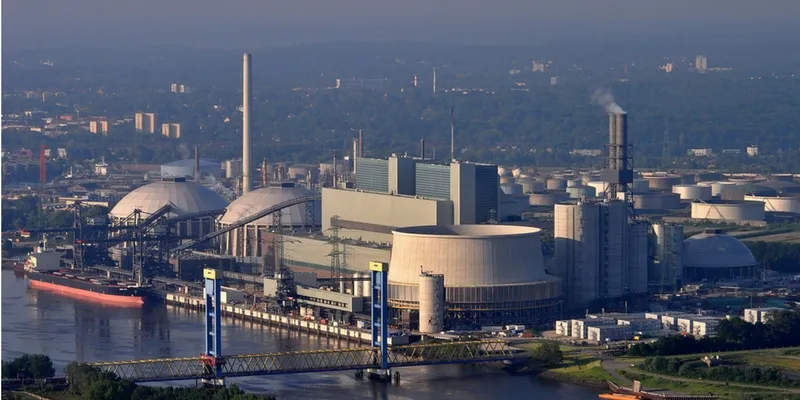In the ever-evolving landscape of the power industry, staying connected is essential for efficiency, safety, and reliability. Traditional wireless networks in power stations have often struggled to meet the demands of modern operations. However, modern mesh wireless networks have emerged as a game-changer in the industry. In this article, we explore the numerous advantages of implementing modern mesh wireless networks in power stations and how they can revolutionize the way these facilities operate.
The Power of Modern Mesh Wireless Networks
Modern mesh wireless networks are a leap forward in connectivity technology. Unlike traditional wireless setups, which rely on a single central access point, mesh networks consist of interconnected nodes that communicate with one another. Each node acts as a router, creating a dynamic and self-healing network. Here are the benefits of incorporating modern mesh wireless networks into power stations:
- Reliable and Redundant Connectivity:
Mesh networks are designed to be highly reliable. If one node experiences an issue or fails, the network can dynamically reroute traffic through other nodes, ensuring minimal downtime and disruptions. This redundancy is crucial for critical power station operations.
- Improved Coverage:
Mesh networks can provide extensive coverage, even in challenging environments such as large industrial complexes. By strategically placing nodes, power stations can eliminate dead zones and maintain seamless connectivity throughout the facility.
- Scalability:
Power stations often expand or undergo modifications. Mesh networks are easily scalable, allowing for the addition of new nodes as the facility grows. This scalability accommodates the evolving needs of power stations.
- Data Security:
Modern mesh networks incorporate robust security features, including encryption and authentication protocols. This ensures that sensitive data remains protected from potential cyber threats, safeguarding both operations and information integrity.
- Low Latency and High Throughput:
Mesh networks are designed for high data throughput with minimal latency. This is critical for real-time monitoring, automation, and remote control, all of which are essential for efficient power station operations.
- Cost-Efficiency:
Despite their advanced capabilities, modern mesh wireless networks can be cost-effective in the long run. Reduced downtime, efficient use of resources, and simplified scalability contribute to lower operational costs.
- Ease of Maintenance:
Mesh networks are self-healing, meaning that they can automatically reroute traffic to maintain connectivity in case of a node failure. This reduces the need for constant manual maintenance and minimizes disruptions.
- Remote Management:
Power station operators can manage and monitor the network remotely, allowing for quick response to issues and reducing the need for on-site personnel in potentially hazardous environments.
- Enhanced Safety:
Reliable and real-time communication is critical for maintaining safety protocols in power stations. Modern mesh wireless networks ensure that critical safety systems remain connected and operational.
- Data Integration:
Mesh networks facilitate seamless data integration from various sensors and systems within the power station, enabling data-driven decision-making, predictive maintenance, and process optimization.
Conclusion
Modern mesh wireless networks have the potential to revolutionize the way power stations operate. By offering reliable, scalable, and secure connectivity, these networks empower power station personnel to enhance operational efficiency, improve safety, and adapt to the evolving demands of the energy industry. As power stations play a pivotal role in ensuring a stable power supply, investing in modern mesh wireless networks is not just a technological upgrade but a strategic step toward a more reliable and sustainable energy future.
